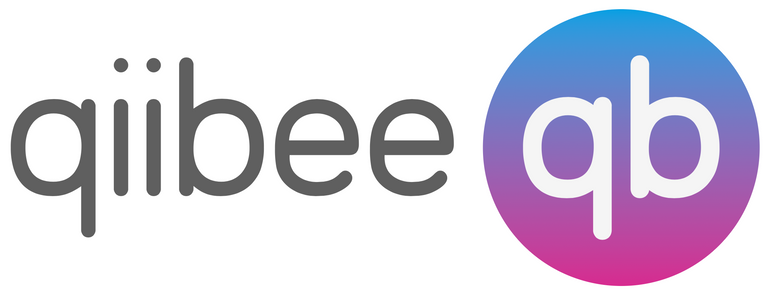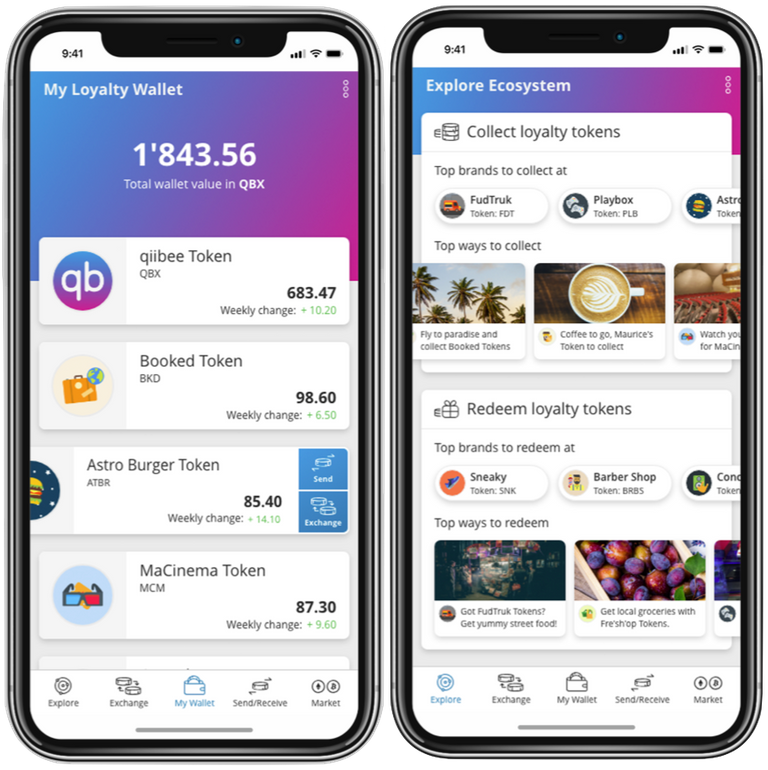"The future is already here – it's just not evenly distributed.”
William Gibson, The Economist, December 4, 2003
Customer loyalty programs have always puzzled me. While I understand the appeal of the idea (being rewarded for loyalty to a preferred brand), the problems are systematic:
- Carrying a paper card is an anachronistic hassle.
- Using a digital “points” app requires handing person information over to a potentially-insecure company.
- I move around a lot, and I can’t guarantee that a given business will exist in whichever city I land in next (except for Starbucks).
- I don’t want to guilt myself into using just one service (an airline, for example) instead of superior competitors just because I am greedy for points (in this example, air miles).
- If I just want to make a one-off purchase, even a pricey one, rewards programs are pointless.
- Managing my points across multiple platforms (paper cards, mobile apps, web apps, and otherwise-inaccessible balances linked to a phone number) is functionally impossible.
Basically, loyalty programs in 2018 are broken. But they don’t have to be.
Enter qiibee.

Blockchain technology is revolutionizing the financial industry, and while that’s great for those of us that enjoy speculating on vague ideas about cryptocurrencies, qiibee uses the same technologies to manage something more down-to-earth for average people: Customer loyalty programs.
Imagine that you buy a coffee in the morning, netting a few points in your rewards account. You take the metro to work, with one ride amounting to a small amount of progress towards a coveted Metro Gold Card. Near the office, you stop to get your second cup of coffee (because, let’s face it, on a Monday you need it) and get a point in a different rewards program. At lunchtime, you get points at your favorite sandwich shop, after which you pick up your dry cleaning, getting one more star beside your name in their list of regulars. You book your flight for a conference next month, and your air miles account alerts you that you need only seven more trans-Atlantic voyages to qualify for a free upgrade.
Heading home, you realize that you only need a few more weeks of metro rides to qualify for your Metro Gold Card. Impatient, you decide to open the qiibee app and convert all your coffee, sandwich, and dry cleaning points to metro points, suddenly jumping up the queue and receiving a notification that you’re about to be the envy of all the other commuters. You redeem your points at the kiosk and walk away like a rockstar, Metro Gold Card in hand.
Of course, if you didn’t want any of those rewards, you can always just exchange them for Bitcoin. Less cool than the Metro Gold Card, but you do you.

With qiibee, all of your rewards programs are available at a glance, and instead of receiving somewhat-meaningless “points” for your purchasing decisions, consumers are rewarded with brand-distinct ERC-20 tokens, backed by QBX, the publicly-traded qiibee token.
This solution solves all the problems I laid out above:
- No paper cards are needed. Obviously. Finally.
- Your data is secure on the blockchain.
- If a business becomes inaccessible or undesirable to you, you can always trade one tokens for another.
- One-off purchases can be rewarded in a meaningful way.
- One cohesive ecosystem means an end to the Byzantine system of varying and competing programs across brands.

The qiibee team has taken a brilliant-but-flawed concept and removed the flaws. What remains is a shining example of what good design, thoughtful direction, and emerging technologies can provide to consumers.
While this is all very pro-consumer, another key point to keep in mind with qiibee is that the platform is overwhelmingly beneficial to businesses. Integrating with the qiibee platform means that businesses don’t have to spend money and development time reinventing the wheel by writing their own secure loyalty backend. The decentralized technology is almost certainly more secure than a centralized repository of all consumer data, reducing both costs and regulatory liabilities. On this point, unredeemed rewards points are difficult for businesses to account for and have to be estimated, negatively affecting P&L statements, but with a cryptocurrency, those tokens have real value and will not be counted as deferred revenue.
More than anything, a brand that incorporates qiibee will become instantly attractive to consumers on the platform.
It’s a win-win, plus a win for wider adoption of blockchain in day-to-day life.
A win-win-win, if you will.
At the moment, qiibee represents the most down-to-earth and reasonable incorporation of this technology and will serve as a powerful stepping stone toward a common public understanding and usage of cryptocurrencies.
And if you don’t care about that, how about this: You get paid to buy things.
Let your voice be heard! Check out the @OriginalWorks qiibee Writing Contest!
qiibee2018
well written post. Easy to read. Loyalty programs SADLY remind me of latest movie "Ready Player One". have you seen it? if you're into Virtual Reality then i would totally recommend.
I upvoted to many people lately and my voting power is only around 50% so i need to recharge it.
But i will follow you closely. Good luck with the contest
Cheers,
Piotr